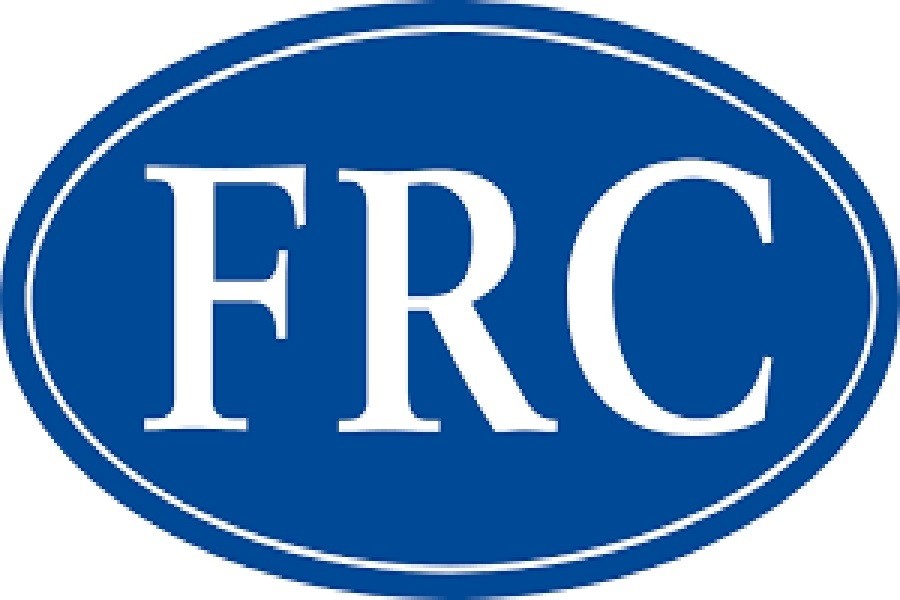Many companies which had allegedly indulged in fraudulent activities during the 2010-11 stock market crash have been under the scanner. For example, many such companies showed their assets to be more than liabilities, and the same was shared with Earning per Share (EPS).
The stock market scam prompted the stakeholders and the people in general to raise questions about the performance of the auditors. At the same time, the demand was made to form a third regulatory body, namely Financial Reporting Council (FRC), to monitor the activities of the auditors.
Initially, the Institute of Chartered Accountants of Bangladesh (ICAB), one of the leading national organisations of professional accountants, opposed the idea. They said that the work would be repetition and normal activities of the auditors would be hampered. On the other hand, another renowned professional accounting body, the Institute of Cost and Management Accountants of Bangladesh (ICMAB), welcomed the proposal.
After the cold war among the accountants ended, the government finally passed the Financial Reporting Act in 2015. The main goals are: 1. bringing the financial reporting of public interest under a well-structured framework; 2. improving standard of accounts and audit professionals; 3. ensuring proper compliance, implementation, supervision; and 4. making provisions for establishing a council for certifying the performance of such activities i.e. the Financial Reporting Council (FRC).
The Financial Reporting Council is envisaged to play a significant role in the economy of the country.
According to Ray Whittington and Kurt Pany, "Reliable accounting and financial reporting aid society in an efficient manner. A primary goal is to allocate limited capital resources to the production of those goods and services for which demand is great. Economic resources are attracted to the industries, the geographic areas, and the organisational entities that are shown by financial measurement to be capable of using the resources to the best advantage. Inadequate accounting and reporting, on the other hand, conceal waste and inefficiency, thereby preventing an efficient allocation of economic resources."
Proper accounting standards are important for protecting the interests of a company, as well as for the development of the economy. In this sense, the independence of the auditors is very crucial for the development of financial institutions.
The interesting thing is that an auditor does not prepare a company's financials. The company's accounts are made by the company's staff. Company's financials are fabricated through the alleged collusion of the shareholders, management and auditors. Here is the need for the FRC to step in. It checks whether a company is properly edited or not.
As the country aspires to become a middle-income country by 2021, the FRC has a crucial role to play in streamlining the economy.
The writer, a stock market analyst, researcher and financial market columnist, is now serving as a Faculty at the Royal University of Dhaka. He has authored Bangladesh Share Market: Looking ahead after two big crashes.


